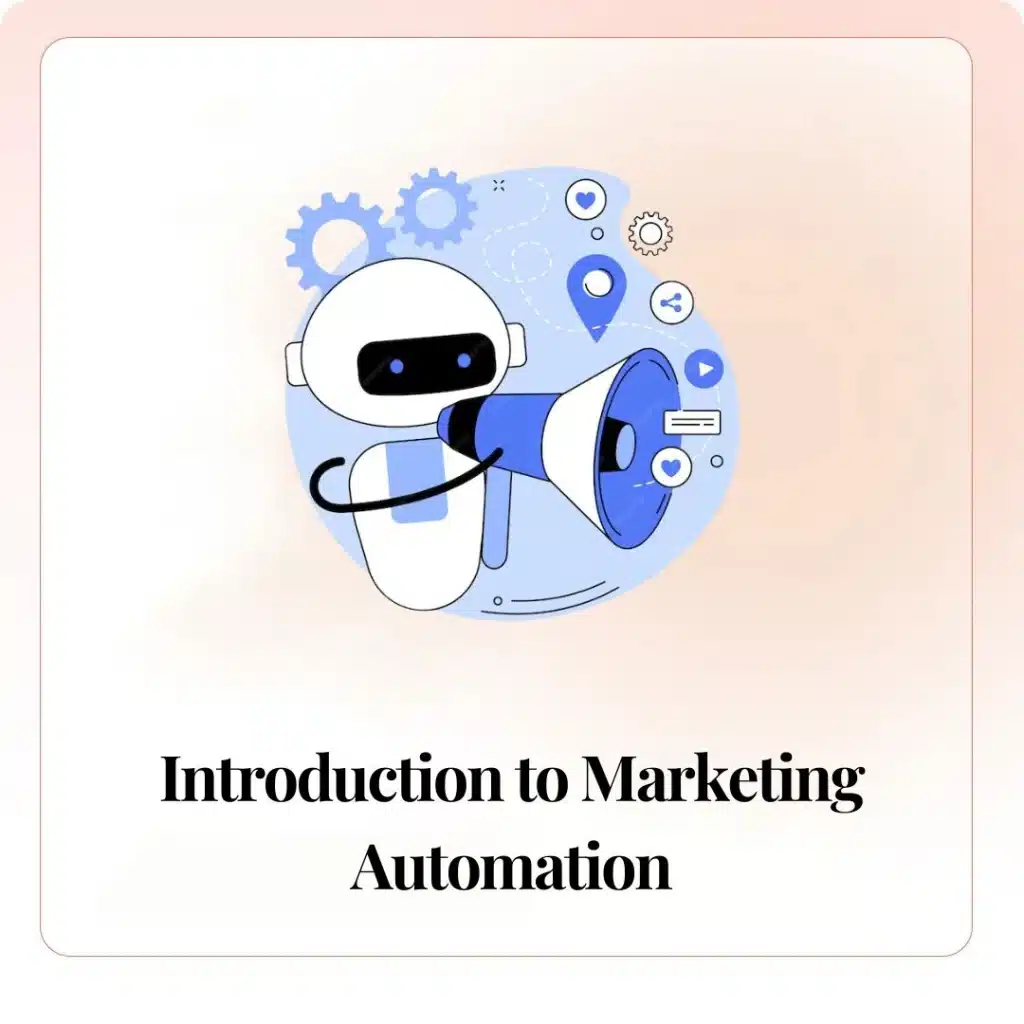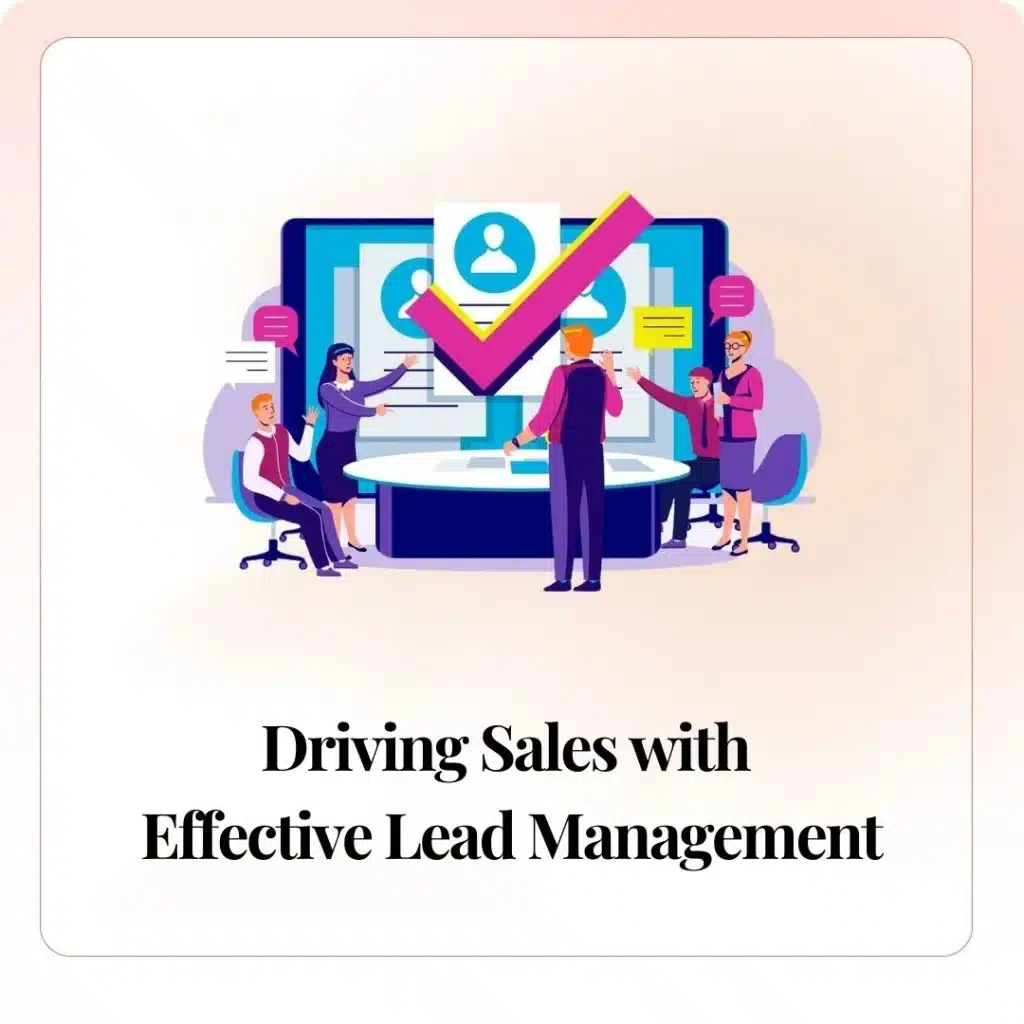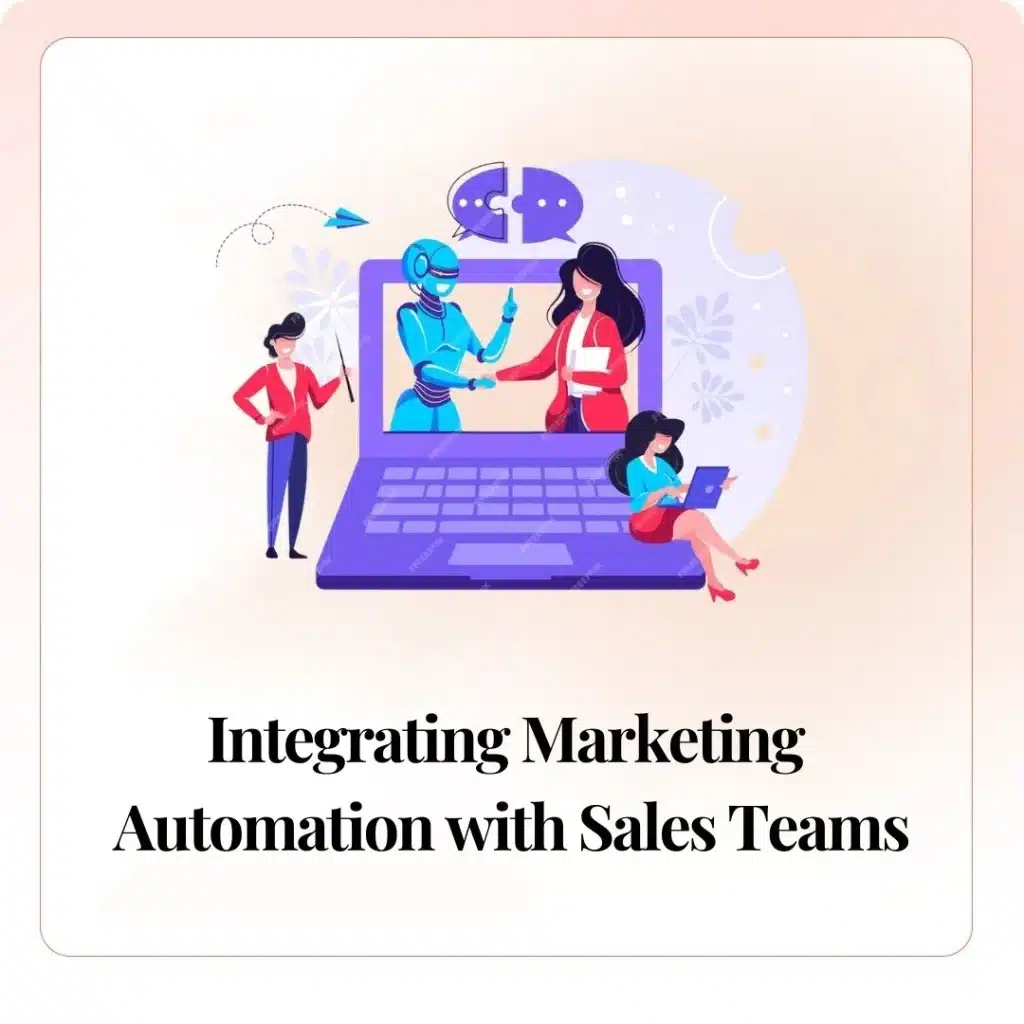In today’s fast-paced digital world, businesses constantly seek ways to stay ahead of the competition. One such strategy that has proven to be a game-changer is marketing automation. This powerful tool allows businesses to streamline their marketing processes, enhance customer engagement, and ultimately drive sales. If you’re looking to boost your business’s efficiency, read on to discover the numerous benefits of marketing automation and why you should consider implementing it.
1. Introduction to Marketing Automation
Marketing automation refers to using software and technologies to automate repetitive marketing tasks. This can include email marketing, social media posting, ad campaigns, and even customer segmentation. By automating these tasks, businesses can focus on more strategic activities that drive growth and revenue. It’s not just about saving time—it’s about optimizing your marketing processes to generate better results.
Explore more about how the Best digital marketing companies in Bangalore leverage marketing automation to stay ahead in the market.

2. Streamlining Your Marketing Efforts

One of the primary benefits of marketing automation is the ability to streamline various marketing efforts. Tasks that typically take hours can be completed in minutes. This efficiency allows marketers to focus on creating compelling content and strategies that resonate with their audience. Tools like HubSpot and Marketo are popular for their comprehensive automation capabilities, helping businesses automate everything from email campaigns to landing pages.
Key Areas of Streamlining:
- Email Marketing: Automate your email campaigns to send personalized messages to prospects and customers at the right time.
- Social Media Management: Schedule and automate posts across multiple social media platforms, saving time and maintaining consistency.
- Campaign Management: Plan, execute, and monitor your marketing campaigns with automated tools that track performance and ROI.
3. Improving Customer Segmentation
and Personalization
Effective marketing hinges on understanding your audience and delivering relevant content. Marketing automation tools allow businesses to segment their audience based on various criteria, such as demographics, behavior, and purchase history. This segmentation enables personalized marketing campaigns that resonate with specific customer groups, increasing engagement and conversion rates.
Segmentation Techniques:
- Demographic Segmentation: Group your audience based on age, gender, location, and other demographic factors.
- Behavioral Segmentation: Segment your audience based on their actions, such as website visits, email opens, and purchase history.
- Psychographic Segmentation: Consider the interests, values, and lifestyles of your audience to create more tailored campaigns.

4. Boosting Efficiency with Automated Campaigns

Automated campaigns are a hallmark of marketing automation, allowing businesses to execute marketing activities without manual intervention. From drip campaigns to complex multi-channel strategies, automated campaigns ensure timely and relevant communication with your audience. This not only boosts efficiency but also enhances the overall customer experience.
Types of Automated Campaigns:
- Drip Campaigns: Send a series of automated emails to nurture leads over time.
- Event-Based Campaigns: Trigger specific messages based on user actions, such as signing up for a webinar or downloading a resource.
- Lifecycle Campaigns: Tailor your communication based on the customer’s stage in the buying journey.
5. Driving Sales with Effective Lead Management
Lead management is crucial for driving sales and revenue. Marketing automation tools provide a centralized platform to track and manage leads throughout the sales cycle. This ensures that no lead falls through the cracks and that sales teams can prioritize their efforts effectively.
Lead Management Features:
- Lead Scoring: Automatically score and prioritize leads based on their behavior and engagement.
- Lead Assignment: Assign leads to the appropriate sales reps based on predefined criteria.
- Lead Tracking: Monitor the progress of leads through the sales funnel and track their interactions with your brand.
Learn how the Top 10 digital marketing companies in Bangalore use lead management automation to drive sales growth.

6. Analyzing Data for Better Decision-Making

Data is at the heart of effective marketing strategies. Marketing automation tools provide detailed analytics and reporting features that help businesses measure the performance of their campaigns. By analyzing this data, marketers can make informed decisions, optimize their strategies, and achieve better results.
Key Metrics to Analyze:
- Open Rates: Track how many recipients open your emails.
- Click-Through Rates: Measure the number of clicks on your email links.
- Conversion Rates: Monitor the percentage of leads that convert into customers.
- ROI: Calculate the return on investment for your marketing campaigns.
7. Integrating Marketing Automation with Sales Teams
For maximum effectiveness, marketing automation should be integrated with your sales processes. This alignment ensures that marketing and sales teams work together seamlessly to achieve common goals. Automated tools can provide sales teams with valuable insights into lead behavior and engagement, enabling more targeted and effective sales strategies.
Benefits of Integration:
- Enhanced Collaboration: Improve communication and collaboration between marketing and sales teams.
- Better Lead Insights: Provide sales teams with detailed information about lead interactions and preferences.
- Streamlined Sales Process: Automate lead handoff and follow-up processes to ensure timely and consistent engagement.

Marketing automation is transforming how businesses approach their marketing efforts. From streamlining processes to enhancing personalization and driving sales, the benefits of marketing automation are undeniable. By integrating automation tools into your marketing strategy, you can achieve greater efficiency, better customer engagement, and ultimately, increased revenue.
To learn more about how leading companies are leveraging marketing automation, visit the Best digital marketing company of Bangalore.

